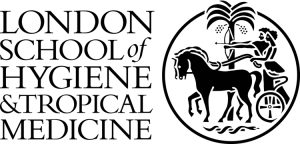Rob is an associate Professor and runs a research group at LSHTM using molecular biology and parasite genetics tools to study malaria parasites. He primarily works with the malaria parasite Plasmodium knowlesi cultured in human red blood cells, a parasite which infects macaques in SE Asia and is a common cause of malaria in people in this region. Rob undertook his PhD in Molecular Parasitology at Imperial College London and my postdoc working at the Francis Crick Institute (formerly National Institute for Medical Research). During this time he developed new tools and techniques to study rodent malaria parasites and two species of human malaria parasite (P. falciparum and P. knowlesi). His main focus during this work has been addressing mechanisms by which the parasites move into and invade host cells and tissues in both mosquito and human hosts. This has helped to determine the role of proteins involved in cell signalling, molecular motors and host cell recognition and binding. He moved to the LSHTM in 2015 to establish a new group supported by a Medical Research Council Career Development Award and since this time have built on the P. knowlesi research niche to create cutting edge tools for genome-editing, and applied them to study the biology of invasion as well as a host of applied tools for vaccine, drug and diagnostic development. I currently hold two Wellcome Trust Discovery Awards to study P. knowlesi invasion and transmission, as well as being a member of the OptiViVax consortium to develop and optimise multistage vaccines against P. vivax. Email: rob.moon@lshtm.ac.uk


